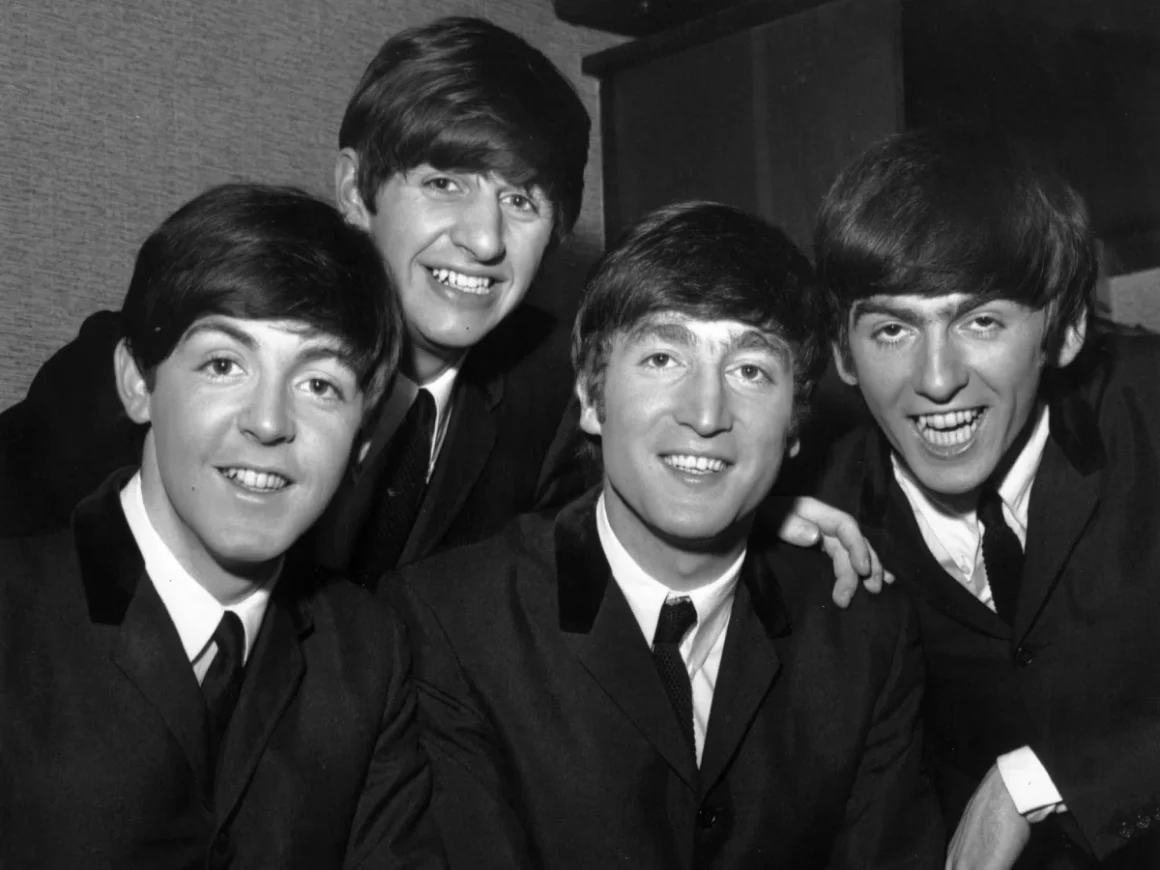Frank Zappa once declared, “without deviation from the norm, progress is not possible.” Following the monumental rise of The Beatles, the band has been celebrated for their groundbreaking contributions to music. Their early beginnings quickly evolved, pushing the mainstream toward a fusion of art and technological advancements, resulting in iconic albums like Revolver.
However, Zappa, as an outsider, viewed their impact as a polished version of the status quo, akin to a mere upgrade on a standard vehicle. He perceived the Liverpudlian band’s portrayal of peace and love as a superficial façade and famously parodied them with the artwork for his album We’re Only In It For The Money.
In stark contrast to the adoration others bestowed upon The Beatles, Zappa was blunt in his criticism: “Everybody else thought they were God! I think that was not correct. They were just a good commercial group.”
His belief that “art is moving closer to commercialism and never the twain shall meet” reflected his disdain for the commercial aspects of the music industry. Yet, it’s crucial to note that Zappa’s experience in advertising influenced his understanding of image and branding long before many of his contemporaries realized it.
Zappa recognized the game The Beatles were playing, and much of his critique stemmed from a desire to create his own narrative. His assistant, Pauline Butcher, highlighted this aspect of his personality: “He worked out he wasn’t a pretty boy like The Beatles and the Rolling Stones. He didn’t play their kind of music, he didn’t even like it, and if he was going to get himself heard he was going to have to do something radically different.” This included outrageous publicity stunts that ensured he stood out from the crowd.
While he often expressed contempt for mainstream culture, Zappa understood the need for his music to reach a broader audience, which required a certain level of engagement with commercialism. Beneath his criticisms of The Beatles lay a complex mix of respect and critique, revealing a softer side to his image of absurdity.
Interestingly, Zappa did appreciate some of The Beatles’ work. In 1980, as the band’s influence waned, he played “I Am the Walrus” during a BBC Star Special radio broadcast, highlighting its surreal charm. “Now, wasn’t that wonderful?” he remarked, reflecting on the song’s whimsicality and countercultural elements, even as he maintained a critical stance toward the drug culture it represented.
Eight years later, Zappa covered “I Am the Walrus,” further demonstrating his begrudging admiration. He also lauded “Strawberry Fields Forever,” a favorite of producer George Martin, describing it as a “complete tone poem,” emphasizing its innovative approach to sound and structure. Zappa stated, “The best Beatles songs were ‘Paperback Writer’, ‘Strawberry Fields Forever’, and ‘I Am the Walrus’. I don’t like the rest too much.”
“Paperback Writer” stood out to Zappa for its traditional storytelling elements and a nod to Shakespeare, suggesting that The Flying Lizards could create an excellent cover in their distinctive style, even though they ultimately ignored his suggestion.
Zappa’s admiration for select Beatles tracks illuminates his complex character, showcasing his ability to recognize value in aspects of culture he otherwise critiqued. Describing himself as “the avant-garde Afghan Hound of rock,” Zappa’s unique perspective reminds us that “a mind is like a parachute. It doesn’t work if it is not open.”







